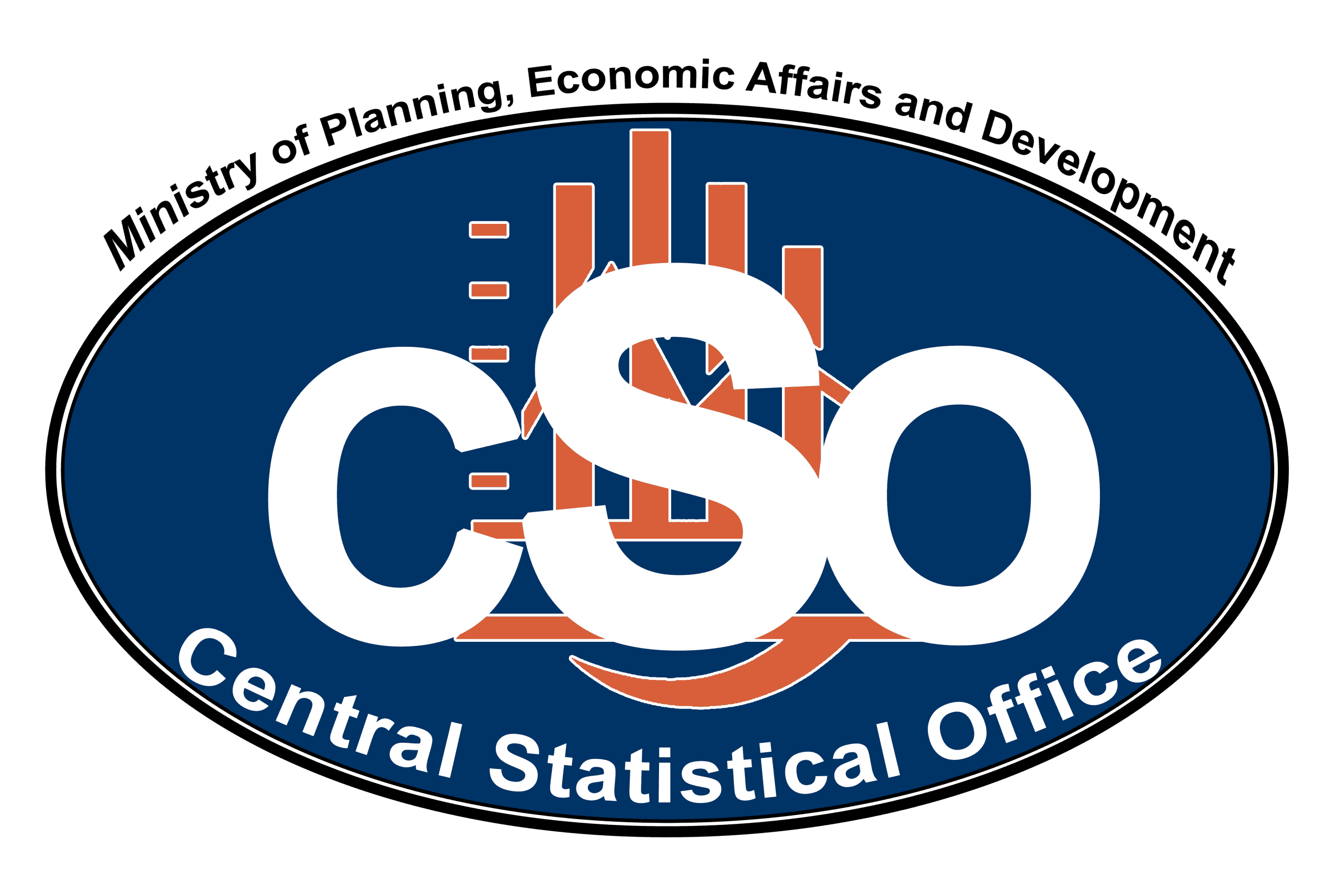In 1989, the 10th Meeting of the Heads of Government of Caribbean Community culminated in the creation of the Caribbean Single Market Economy (CSME), a development strategy for the Caribbean region. The CSME envisions an integrated economic space which facilitates the free movement of goods, services, persons, capital, technology, and the establishment of enterprises for members of the Caribbean Community (CARICOM). Synchronized statistical information then became mandatory, not just for an efficient CSME but also for the overall planning, monitoring and development of the region.
To address the deficiencies in the national statistical systems within each country, the Regional Statistical Work Program (RSWP) was initiated by the CARICOM Secretariat in January 2005. The RSWP aims to create a sustainable statistical framework providing accurate, timely and reliable data to promote effective and efficient decision-making for the development of CARICOM members. The implementation of the RSWP on a national level ensures the analysis and improvement of public sector policies, monitoring and evaluation of governance, as well as the impartial distribution of resources and opportunities to CARICOM citizens. The six (6) core themes requiring statistics to guide policies in the region are as follows:
- Public Relations and Data Dissemination
- Statistical Coordination
- Information and Communication Technology (ICT)
- Environment
- Population; Demographics and Social and Living Conditions
- Economy, Finance and Investment
The guiding principles of the RSWP focus on better developmental outcomes and greater prosperity for CARICOM citizens through a comprehensive action plan. Firstly, responding to the statistical needs of the region without infringing on the sovereignty of each Member state underscores the commitment and cooperation needed for an efficient RSWP. Ensuring comparability of data produced by Member states assists with conformity to international recommendations, best practices and standards. Additionally, strengthening links between national and regional data systems encourages the progression of regional goals and accelerates the achievement of the Sustainable Development Goals. Identifying human resources personnel with statistical skills and expertise across the region who can assist with training on the national level. Finally, developing statistical tools and services at the regional level which provides cost-saving benefits and harmonisation of protocols. These components of the RSWP combine to create a foundation for the coordination of statistics in CARICOM with the aim of achieving regional goals.
The RSWP and National Statistical Systems (NSS) together form a complementary infrastructure which recognises the activities and needs of the other. Policies which intend to meet the information requirements of the RSWP should ideally be reflected in the work programmes of National Statistical Offices (NSO).
National Statistical Systems must facilitate production and dissemination of data within the framework of the Regional Statistical Work Program that can be used on a regional level. Harmonised methodologies and regional cooperation are therefore necessary to ensure data comparability in member countries within a complementary national and regional statistical system.
Trinidad and Tobago has undertaken various activities to meet the growing demands of high quality data both on the national and regional levels. A task force was established to restructure the Central Statistical Office (CSO) and to this end legislation has been drafted which includes the proposal for a semi-autonomous body with executive status.
External partners such as the Inter-American Development Bank have commenced statistical capacity building and institutional development as part of the National Strategies for Development of Statistics initiative. Internal technical capacity building workshops have been completed by the staff of the CSO as well as other Member states such as Dominica and St. Lucia.
An Advisory Group on Statistics (AGS) was established in 2001 before the RSWP. The AGS is an advisory subset of the Standing Committee of Caribbean Statisticians (SCCS) which is the decision making body and consists of the Chief Statisticians of member states. The RSWP of 2005 is managed by the SCCS (established in1974) under advice from the AGS.
This group has a mandate to strengthen the National Statistical System, and develop an infrastructure to achieve the implementation of the RSWP. The culmination of these activities will result in a National Statistical System that uses contemporary methods to anticipate and address demands for data and statistics while upholding the U.N. Fundamental Principles of Official Statistics mandated nationally and regionally.
Author: Central Statistical Office

